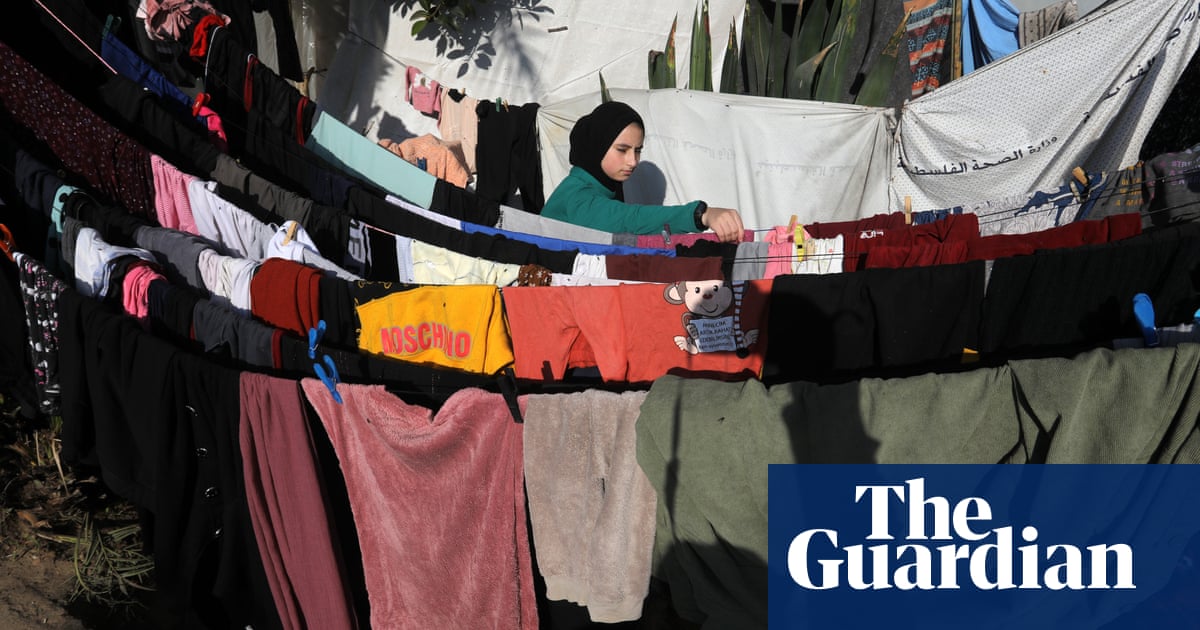Mona, aged 17, previously managed severe menstrual discomfort by drinking hot beverages, wrapping herself in blankets, and taking pain relief medication. However, her current situation in a crowded shelter in Rafah poses challenges as essential items like sanitary pads and restroom access are scarce.
Dealing with intense menstrual cramps often results in vomiting for Mona, who must navigate bleeding in a confined living space shared with 45 displaced individuals, lacking privacy and proper amenities. The shared bathroom for men, women, and children in their shelter adds to her discomfort, causing both mental and physical distress.
The ongoing crisis in Gaza has left the population grappling with hunger, limited access to clean water, sanitation, and electricity. For women like Mona, menstruating in these dire circumstances heightens the already overwhelming stress triggered by Israeli airstrikes and displacement.
Women in Gaza encounter difficulties managing their menstrual cycles amidst inadequate privacy, restricted access to sanitary products, toilets, and clean water. The shelters operated by UNWRA depict a harsh reality with only one toilet accessible for every 486 individuals on average.
Sarah, aged 27, became ensnared in the conflict while visiting her aunts in northern Gaza. Stuck in central Deir al-Balah, she faced her first period during wartime, struggling to obtain sanitary pads and feeling deeply embarrassed by their scarcity. After relocating to Rafah for safety, she now lives in a tent without basic sanitation facilities, sharing a bathroom with over 100 women and children.
The shortage of sanitary pads and pain relief in pharmacies, compounded by closed supermarkets due to depleted supplies, exacerbates the challenges confronted by women like Sarah. The unsanitary conditions, cold temperatures in the tent, and stomach problems from contaminated water worsen the discomfort of menstrual cramps, impacting both physical and mental well-being.
In a distressing development, some women, including a girl in Maghazi camp, resort to washing and reusing pads due to their unavailability. Mona, receiving substandard pads from aid deliveries, developed an infection, prompting her to use makeshift alternatives like torn cloth and tissues, despite their ineffectiveness.
The struggle to find sanitary pads of satisfactory quality at affordable prices adds to the burden for women like Mona. The stress and fear induced by the ongoing conflict have disrupted her menstrual cycle, leading to more frequent periods than before, underscoring the immense toll of the crisis on daily life and mental health.
